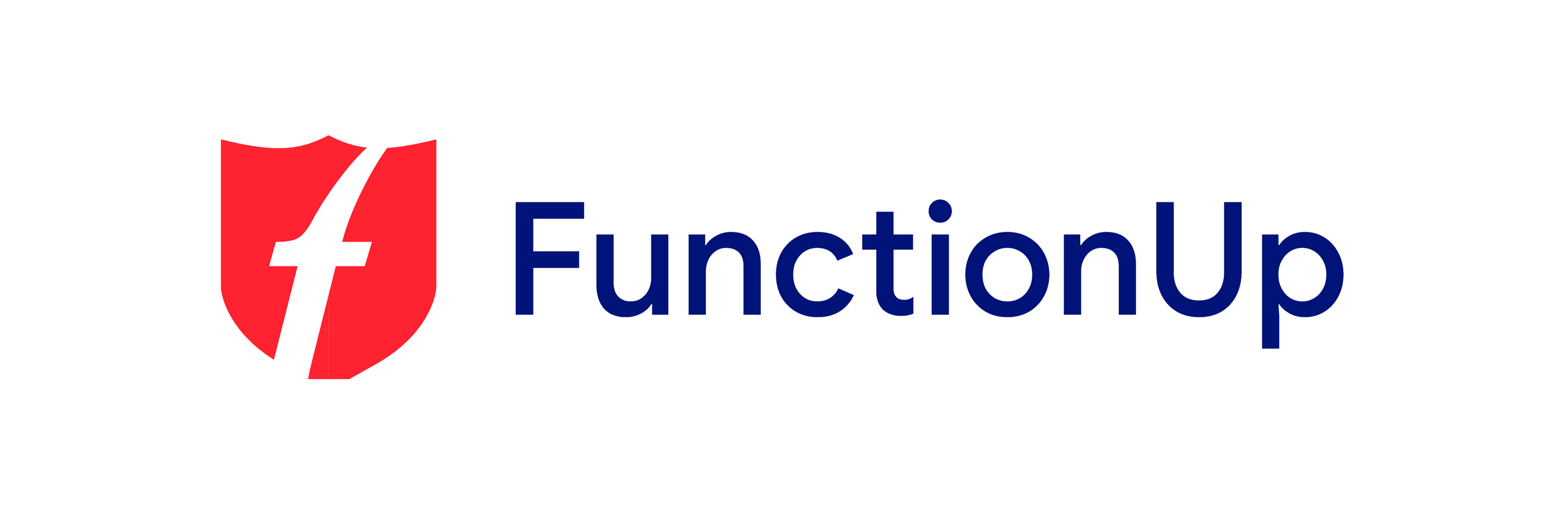
Many web developers, freelancers, and small business owners desire to learn web development but worry that it will take too much time. Fortunately, web development has a low entry barrier; most basics can be learned within three months, with dedicated individuals capable of mastering the essentials within four- five months.
The time it takes to learn web development depends on several factors. This guide will outline the most efficient methods and provide resources to expedite this process.
What skills do you need to become a web developer?
Learning web development techniques is integral to becoming one.
In the web development job market, technical skills are usually essential, but soft abilities are what set you apart from competitors. Here we’ll examine some of the essential hard and soft abilities every web developer should possess:
Soft Skills
Problem-Solving: As a web developer, you’ll use your critical thinking and analytical abilities daily. Recognizing, diagnosing, and effectively finding solutions for ongoing issues will take you far in this field.
Adaptability: Just like cabin crew, web developers must remain adaptable, proactive, and positive in the face of turbulence – whether that means clients changing their minds, deadlines being moved up, or changes within the company itself.
Communication: Web developers often serve as integral parts of the product development process and must effectively and often communicate with UX/UI designers, product managers, and other stakeholders in clear and understandable language.
Learner’s Mindset: Working in technology always presents you with something new to learn, whether it be a different codebase, feature release, or something entirely new in programming itself. There’s never enough knowledge in this vast universe!
Empathy: Everyone has a role to play in creating and deploying digital products. Empathy will enable you to collaborate better with other product design team members and allow you to put yourself in the shoes of the user for whom you are creating a website or application.
Hard Skills
HTML and CSS: HTML (Hypertext Markup Language) and CSS (Cascading Style Sheets) work hand-in-hand as the ‘peanut butter and jelly’ of web languages. HTML instructs your browser how to display graphic UI elements like links, fonts, and colors – while CSS styles them so they look good!
JavaScript (JS): JavaScript (JS) is a scripting language designed to add dynamic, depth, and high-level interactivity to web pages and applications. Alongside HTML and CSS, JavaScript is essential in front-end development projects.
Git and Github: Git is a version control system, while Github is a hosting service. Developers use these tools to store, manage, and monitor changes made to their code – in other words: you’ll need these to stay organized!
Libraries and Frameworks: Libraries (like React) are smaller pieces of code that make up individual parts of a website or app. Frameworks (like Angular) provide templates for reusable code, making the web development process much faster.
APIs: Application Programming Interface (API) allows two applications to communicate with each other for improved user experiences. Examples of APIs include payment processors, weather reports, and third-party log-ins.
Becoming a web developer without a degree: Step-by-step instruction
Step 1: Define a Timeline and Accomplish Goals
Before embarking on your journey toward becoming a web developer, it’s essential to determine exactly how that journey should unfold.
Step 2: Master the Fundamentals of Web Development
In the previous section, we outlined the necessary skills you should acquire. Now it’s up to you to determine how and where best to acquire these talents. Self-teaching is possible using YouTube tutorials, blogs, and other resources for guidance. But it’s far less straightforward, and without the support of a formal curriculum, many self-taught developers find themselves lacking motivation and structure.
Many web development courses and bootcamps are designed to turn complete beginners into job-ready developers – with career support, industry guidance, and hard and soft skills required for success in your first role. Plus, you’ll gain access to a network of learners, mentors, and industry experts who will guide you along your learning journey.
Step 3: Join a web developer bootcamp
Remember our previous tip about holding yourself accountable? There’s no better accountability partner than other beginner web developers on similar journeys – and you can find them in abundance within one of the hundreds of online and global web developer communities.
Step 4: Find a Mentor
Making the transition to a new career can be intimidating and isolating. With so much to learn, it sometimes helps to have someone by your side — like an online development fairy godmother — to guide and assist you in navigating this new venture. Mentorship can be a lifeline in the world of web development. They’ll offer tailored feedback on your programming abilities and hold you accountable throughout your journey.
Step 5: Begin to construct your portfolio
Simply claiming you’re proficient at programming without a computer science degree won’t cut it. Hiring managers require tangible evidence that you possess the web development abilities they require – and this is where your web development portfolio comes into play.
Your web development portfolio, resume, and interviewing skills will likely land you the job. A portfolio is a collection of real-world projects demonstrating your ability to code. These could be tasks undertaken independently (like creating a landing page for someone) or part of an accredited web development course.
Step 6: Evaluate Your Transferable Skills
As a new web developer, it may feel like you’re starting from zero — especially if you come from an unrelated background. But don’t write off all of your previous experience as completely irrelevant just yet: It could help you land the job!
Step 7: Submit Applications
Now that you have acquired new skills, a dazzling portfolio, and an encouraging mentor, you’re ready to apply for jobs!
At this stage, throwing job applications out without thought or strategy can be tempting. But that isn’t always the best approach – quality over quantity! Before beginning your job search, consider which company you would enjoy working for and what skills and experience you can bring to the table.
Put effort into your job applications, follow up, and ask for feedback when rejected. You might need to build up confidence during interviews which will only make your answers sharper and your USP more concise.
How long does it take to become a web developer?
It can be challenging to assign a timeline for becoming a web developer. Everyone learns at different rates, and your timeline will depend on several factors, such as:
Your current employment status, whether you’re studying part-time or full-time, and any previous experience you possess.
How committed are you to learning programming languages? In our blog post ‘How long does it take to learn to code?’ We suggest that if you spend 6-7 hours per day studying coding concepts and practicing them with real-world projects, you could become a hireable junior coder within 4-5 months. Alternatively, spending less time is possible; spending an hour each day could still see you reach that hireable level within 12-18 months instead.
Becoming a web developer: Next steps
For many people, the hardest part of starting a new career is often taking that first step. Fortunately, courses are tailored specifically for early-stage developers who feel stuck in career change paralysis — like FunctionUp Bootcamp.
Created by industry-leading developers for complete beginners, our web development cohort will turn you into a hire able web developer – from HTML and CSS basics through job interview success – at a fraction of the cost of a traditional college degree.
